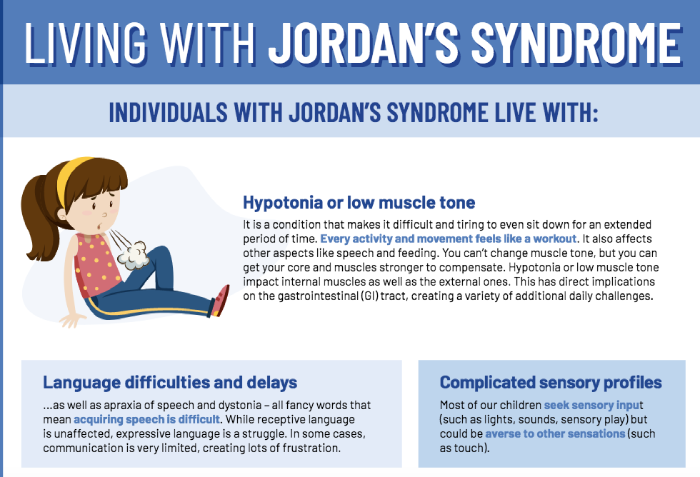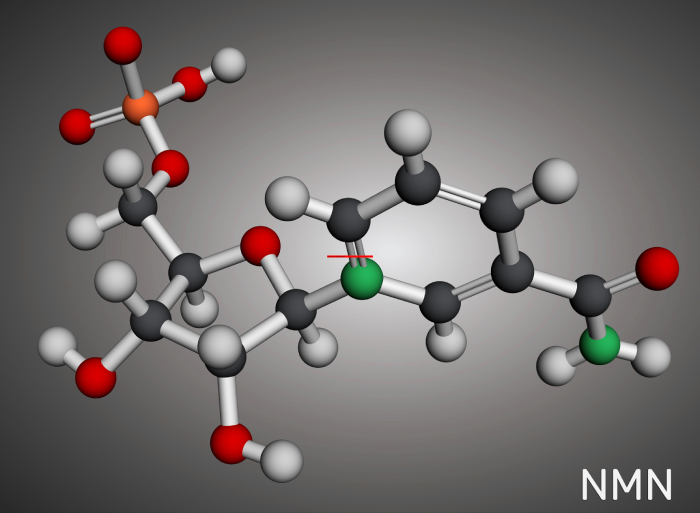FDA Recognizes Potential of Zorevunersen with Breakthrough Therapy Designation
Stoke Therapeutics, Inc., a pioneering biotech firm focused on restoring protein expression through RNA-based medicine, has achieved a significant milestone. The U.S. Food and Drug Administration (FDA) has granted Breakthrough Therapy Designation to their drug zorevunersen for treating Dravet syndrome in patients with a confirmed, non-gain-of-function mutation in the SCN1A gene. This designation positions zorevunersen as a potential first-in-class disease-modifying treatment for this challenging condition.
The designation is based on promising results from Phase 1/2a and open-label extension (OLE) studies. These trials demonstrated that zorevunersen, when used in conjunction with standard anti-seizure medications, led to significant and lasting reductions in seizure frequency. Moreover, patients showed ongoing improvements in various cognitive and behavioral measures. The drug has shown a favorable safety profile, with over 600 doses administered to date, some patients having been on the treatment for more than three years.
Stoke Therapeutics is currently in discussions with the FDA and other global regulatory bodies regarding the design of a global, randomized, controlled Phase 3 registrational study for zorevunersen. The company plans to provide an update on these plans by the end of the year.
Shamim Ruff, Chief Regulatory Affairs Officer at Stoke Therapeutics, expressed gratitude for the FDA’s support and highlighted the potential of zorevunersen to offer substantial improvements over current Dravet syndrome treatments. The drug’s unique mechanism of action aims to address the root cause of the disease by facilitating the body’s natural restoration of NaV1.1 protein levels.
Mary Anne Meskis, Executive Director of the Dravet Syndrome Foundation, emphasized the significance of this development for patients who continue to struggle with treatment-resistant seizures and associated health complications. She noted the foundation’s efforts to increase awareness and understanding of Dravet syndrome within the FDA and expressed optimism about the agency’s shared urgency in developing innovative treatments targeting the disease’s underlying cause.
The Breakthrough Therapy designation is designed to expedite the development and review process for drugs showing potential to significantly improve upon existing therapies for serious conditions. This designation provides zorevunersen with access to all Fast Track designation features, including intensive guidance on efficient drug development and commitment from senior FDA managers.
Commentary by YourDailyFit columnist Alice Winters:

The recent Breakthrough Therapy Designation granted to Stoke Therapeutics’ zorevunersen marks a potentially groundbreaking development in the treatment of Dravet syndrome, a rare and severe form of epilepsy. This designation not only underscores the promise of zorevunersen but also highlights the shifting paradigm in how we approach genetic disorders.
Zorevunersen’s mechanism of action is particularly noteworthy. Unlike traditional anti-epileptic drugs that merely manage symptoms, zorevunersen aims to address the underlying cause of Dravet syndrome by restoring normal levels of the NaV1.1 protein. This approach, if successful, could represent a significant leap forward in treating not just Dravet syndrome, but potentially other genetic disorders as well.
The clinical data presented so far is encouraging, demonstrating both efficacy and safety. The sustained reduction in seizure frequency and improvements in cognitive and behavioral measures are particularly promising, given the debilitating nature of Dravet syndrome. However, it’s crucial to note that these results are from early-phase trials, and the true test will come with the larger, randomized Phase 3 study.
One of the most intriguing aspects of zorevunersen is its potential long-term impact. By targeting the root cause of the disease, it may offer benefits that extend beyond seizure control, potentially improving overall quality of life for patients. This holistic approach to treatment aligns with the growing trend in medicine towards addressing the underlying mechanisms of diseases rather than just their symptoms.
The FDA’s decision to grant Breakthrough Therapy Designation is significant. It not only fast-tracks the development process but also signals the agency’s recognition of the urgent need for innovative treatments in rare genetic disorders. This could potentially pave the way for more targeted therapies in the future.
However, it’s important to temper excitement with caution. The road from promising early results to approved therapy is often long and fraught with challenges. Many drugs that show initial promise fail to replicate their success in larger trials or encounter unexpected safety issues.
Moreover, even if zorevunersen proves successful, questions remain about its accessibility and cost. Rare disease treatments are often prohibitively expensive, and ensuring equitable access to such potentially life-changing therapies is a critical consideration.
In conclusion, while zorevunersen represents a beacon of hope for Dravet syndrome patients and their families, it also serves as a reminder of the complexities involved in developing treatments for rare genetic disorders. As we move forward, it will be crucial to balance optimism with rigorous scientific scrutiny, ensuring that any new treatments are both effective and accessible to those who need them most. The journey of zorevunersen will undoubtedly be watched closely by researchers, clinicians, and patients alike, potentially heralding a new era in the treatment of genetic epilepsies.



